“It is riskier to be stagnant than to move and change”
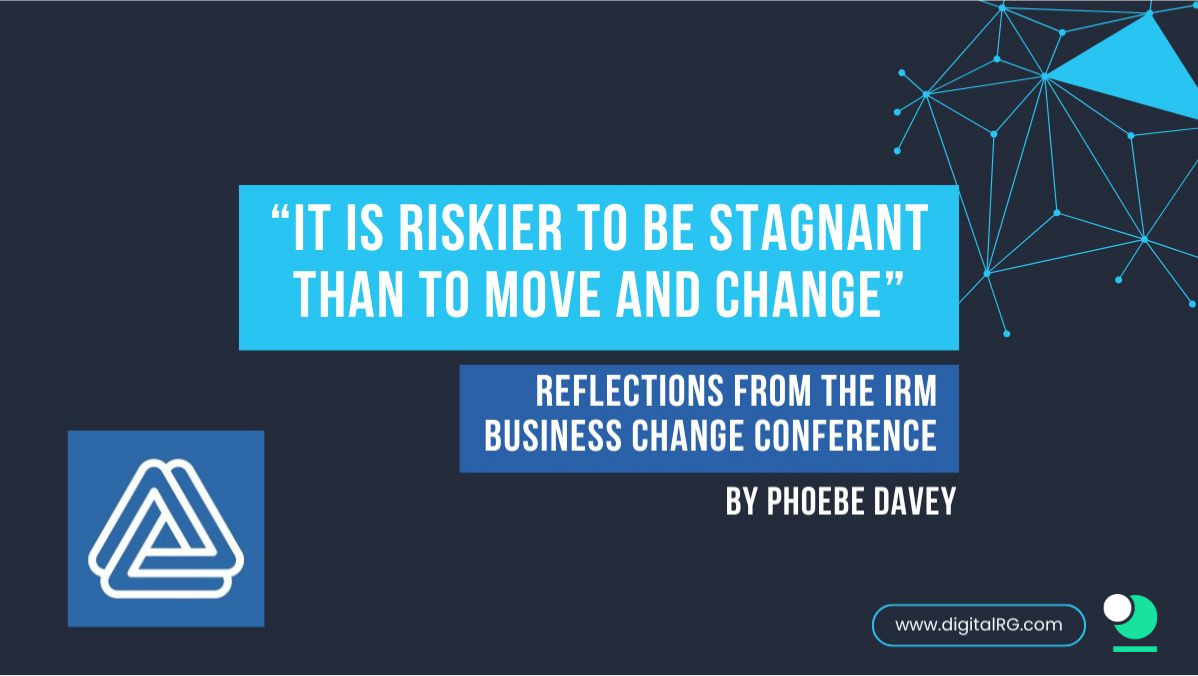
“It is riskier to be stagnant than to move and change”
“It is riskier to be stagnant than to move and change” - Reflections from the IRM Business Change Conference
Being a rule breaker is seen as a negative rebellious attribute. One often given to criminals and pirates and not generally to workers in their day jobs. It is certainly not looked at with an abundance of favorability within large amounts of society.
Last week at the IRM Business Change & Transformation Conference Europe in London, the negative view of this term was turned on its head. This conference helped us dig deep into why change is important and how rule-breaking can lead to beneficial change. The extensive knowledge in the workshops, especially ‘How to be More Pirate’ held by Alex Barker, helped us think deeply about the benefits of challenging the status quo. This could not be more important for Sustainability, which aims to question and change business as usual. Here are some of our key learned ideas.
1. A new definition of Rule-Breaking
Rule-breaking does not have to be bad! From a sustainability standpoint, no positive change can occur by not breaking the rules and questioning business as usual. Companies like Patagonia have caused waves within their industries for decades. Unlike many other apparel brands, they are ‘breaking the rules’ by valuing people and the planet alongside profit.
A newcomer to this group is Beyond Meat. Their ‘Burger with Benefits’ needs 99% less water, 93% less land, 90% fewer greenhouse gas emissions and nearly 50% less energy to create than a beef burger of the same size. Therefore, a business can benefit people and the planet by redefining rule-breaking and questioning the status quo.
2. Intelligent Disobedience
A good way to explain this term is to think about guide dogs. After being trained to obey and help their owner, they are trained to act directly against the owner's instructions to make a better decision. In business, we can reimagine ourselves in this description. We are ‘taught’ to act in line with our company's strategy and actions. However, as explained, questioning this can create pioneering new ideas, despite how unnatural it might feel.
Let’s think about sustainability reports. They aim to track progress against ambitious goals and hold the company accountable, enabling further progress and stakeholder engagement. Have they, however, become a “brochure” for the company instead of a useful tool? Many of these reports now reach hundreds of pages in length and display only actions deemed successful by the company.
When thinking about ‘intelligent disobedience’ and these sustainability reports, we thought of the need to return to their true purpose and intention. This is to ensure that time and efforts are spent not to promote a company through reporting but for real, tangible, meaningful and much-needed progress. In a world where every company seems to publish a sustainability report, is it time to refocus on creating a more significant positive impact?
3. Asking uncomfortable questions
Lastly, we learnt about the importance of uncomfortable questions. These questions are often avoided, making us squirm and want to look the other way. At work, this could look like not asking questions for fear of their answers or it not being your place to ask them.
A question we like to think about at DigitalRG is ‘Why does your company really exist, and what is its true impact?’ This is not to be critical of a company's existence but to truly understand its purpose. Most National or State Lotteries were created to raise money for good causes. The underlying objective was that they would have a positive impact on society. How do we ensure that “net-positive impact” comes first in questions about how to run a lottery? How do we ensure that “revenue”, without the context of impact, does not become the measure of a lottery's success? We need to ‘think’ and ask the uncomfortable questions of how we serve the real purpose.
By understanding this, we pinpoint exactly how we can help our clients develop their positive impact actions and to ‘do well by doing good’.
We greatly enjoyed attending this conference, which helped us think about how change can truly help positive impact. The ‘How to be more Pirate’ workshop (also a book and featured in podcasts) got our minds working on how change can create positive business outcomes, with compelling pirate analogies, making the workshop fun and insightful.
Find more conferences from the IRM by clicking here.
Category
Other Blogs
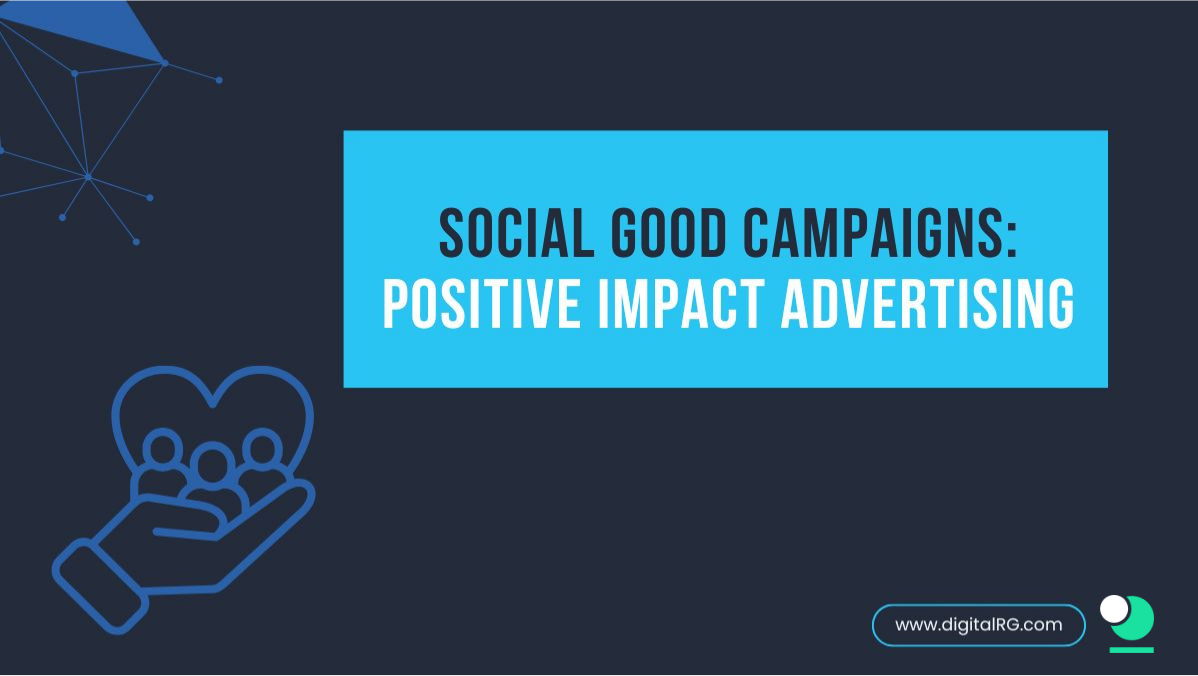
May 27, 2022
Social Good Campaigns: Positive Impact Advertising
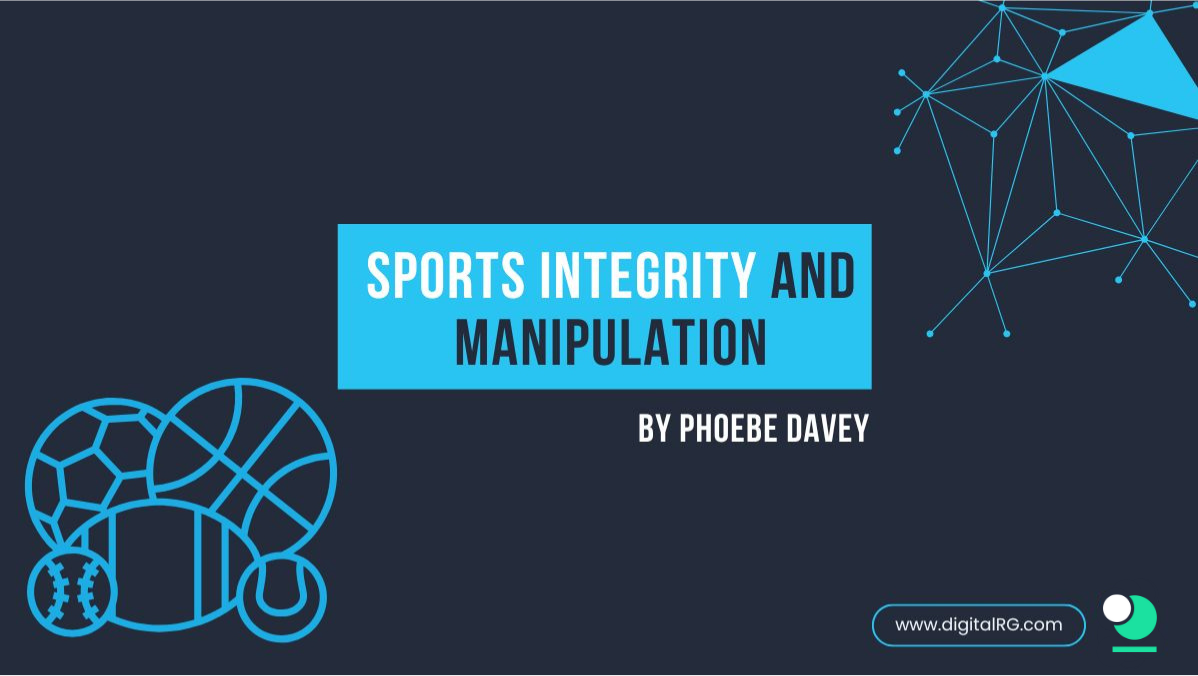
April 26, 2022
Sports Integrity and Manipulation
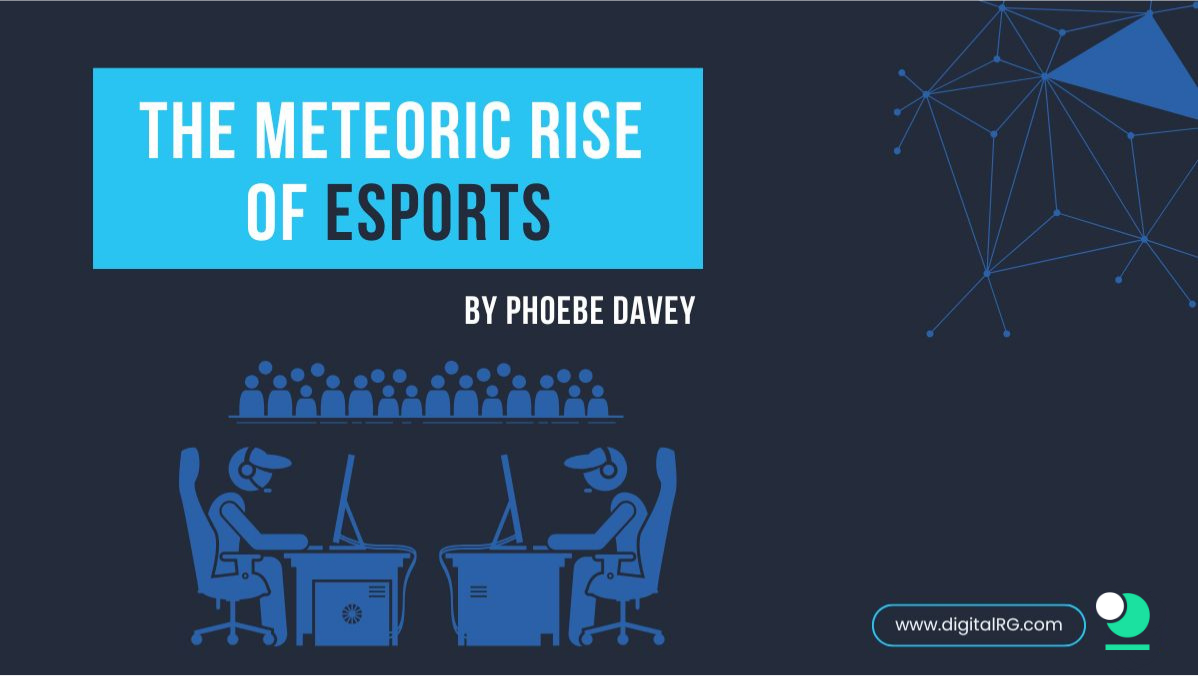
April 22, 2022
The Meteoric Rise Of Esports
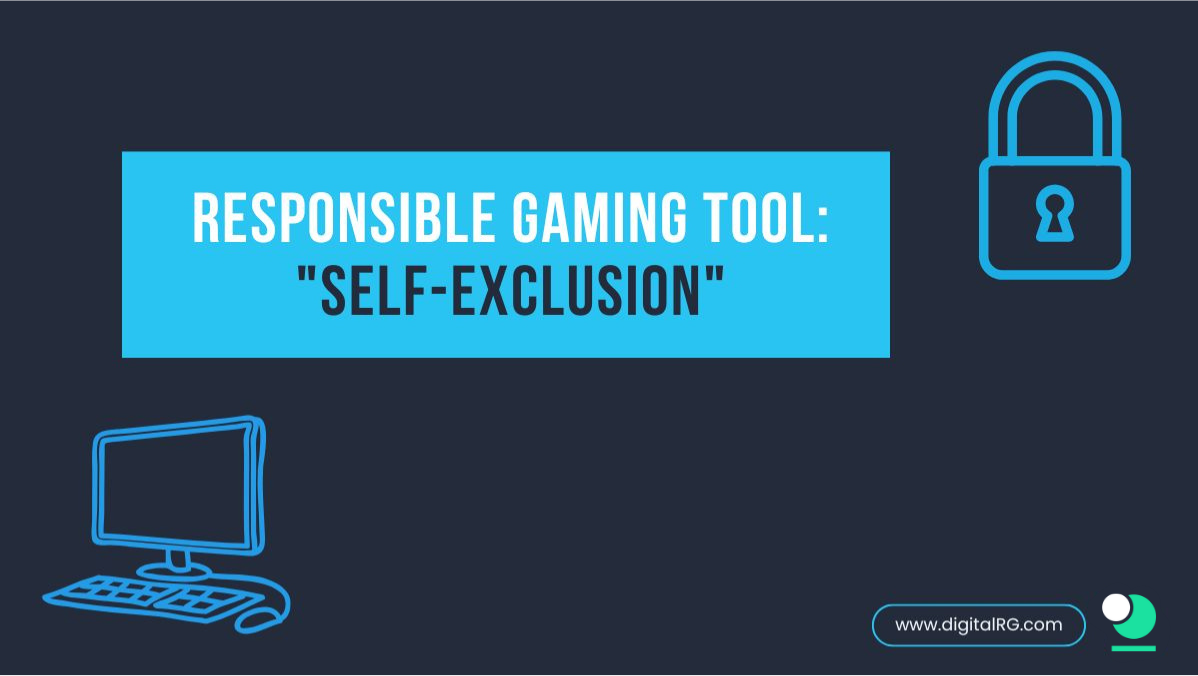
April 12, 2022
Responsible Gaming Tool: "Self-Exclusion"
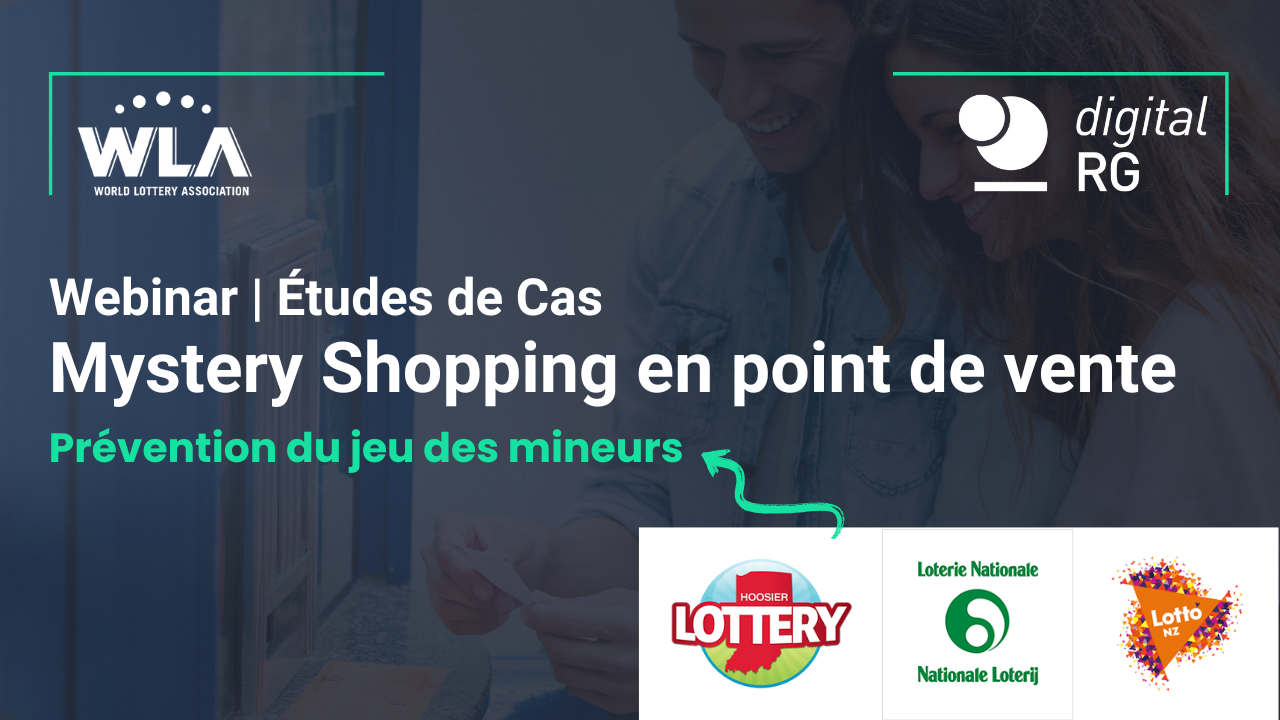
January 20, 2026
Mystery Shopping en point de vente
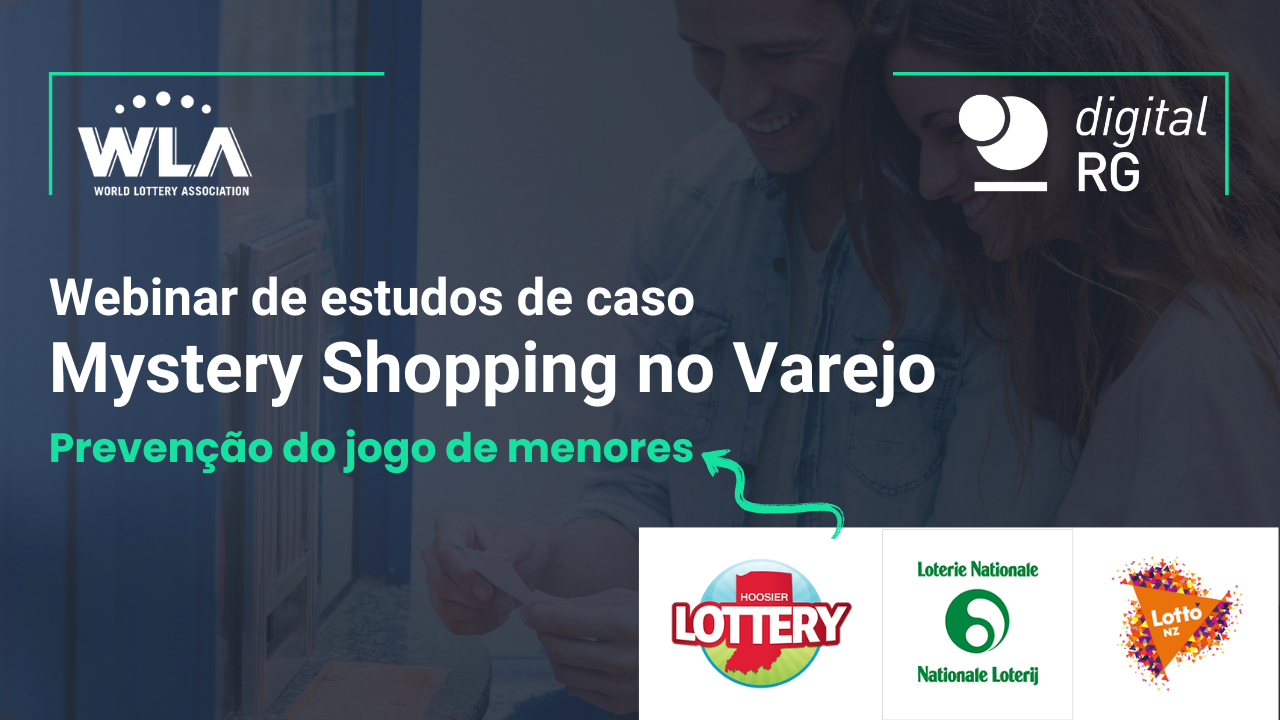
January 20, 2026
Mystery Shopping no Varejo
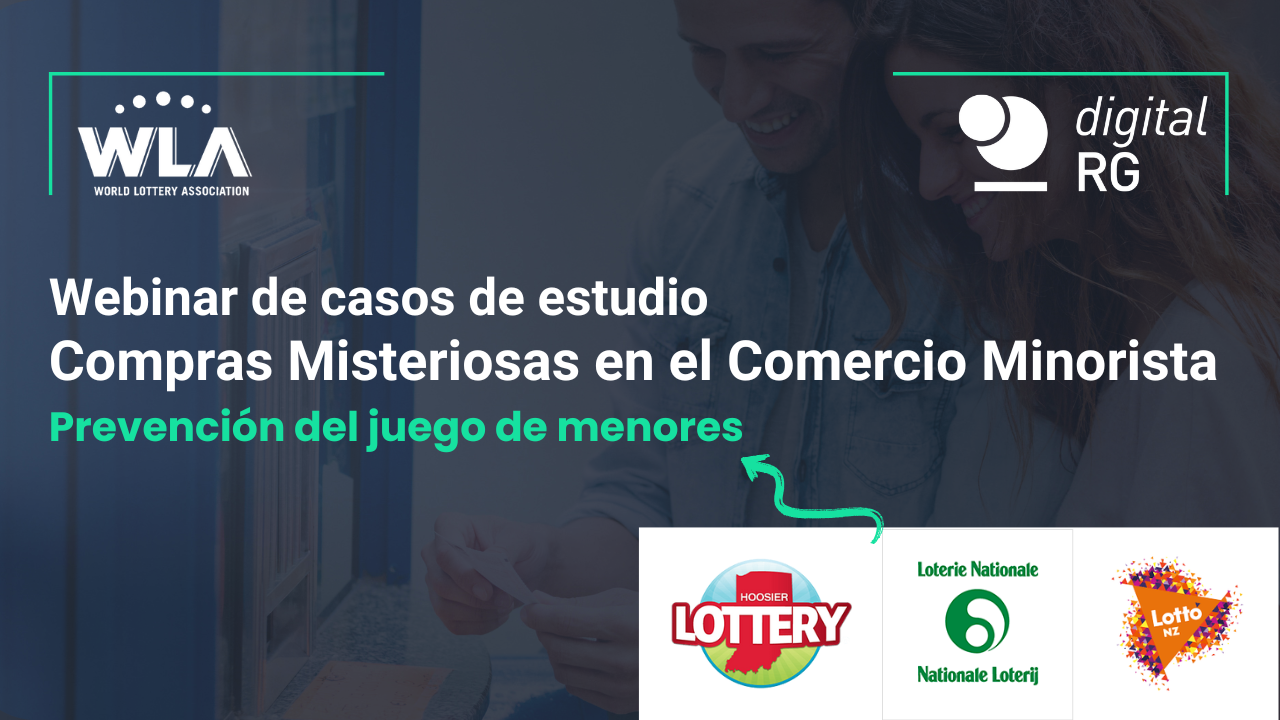
January 20, 2026
Compras Misteriosas en el Comercio Minorista
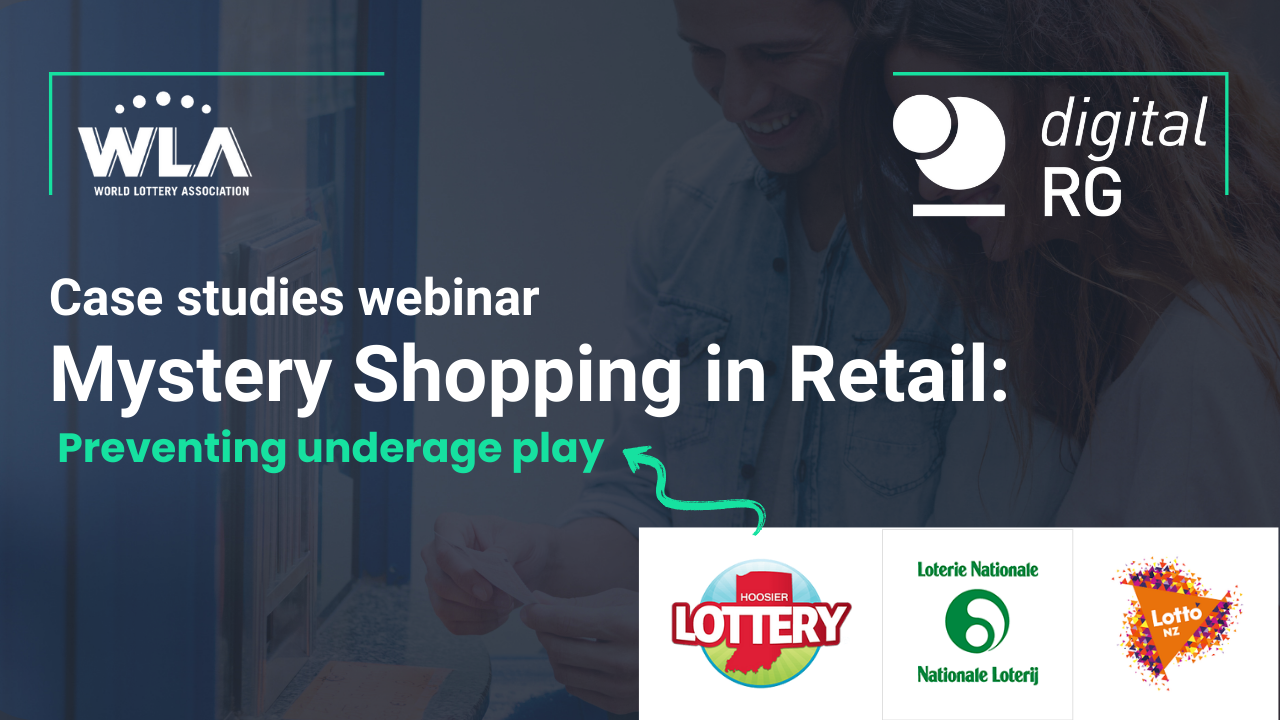
January 15, 2026
Retail Mystery Shopping: Strengthening Age Controls and Responsible Sales at the Point of Sale


